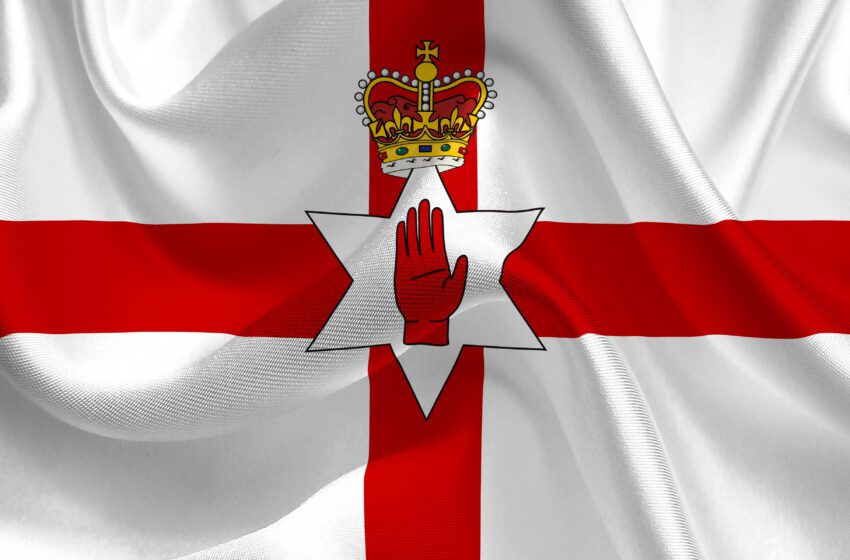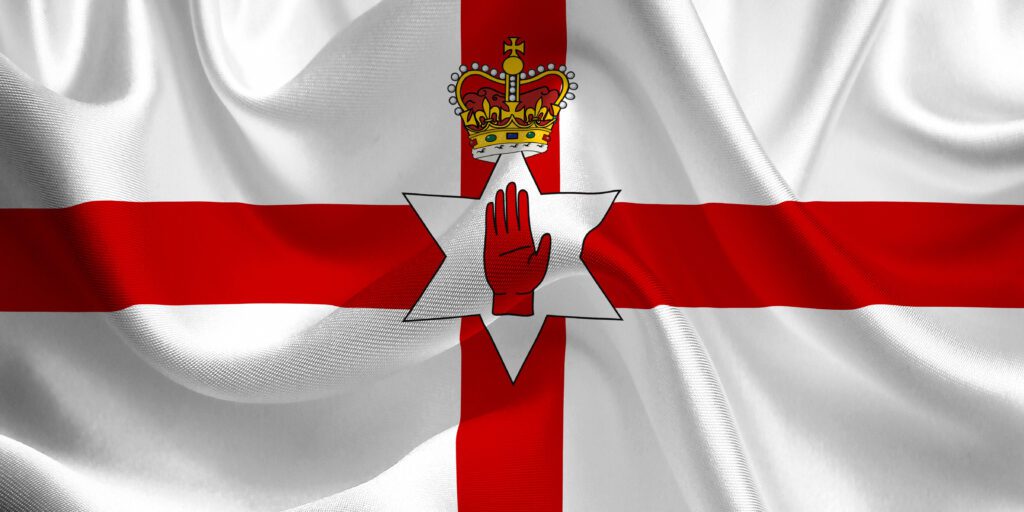
Tucker Carlson has launched his own nicotine pouch brand, ALP, which the conservative American commentator touts as “the first nicotine pouch brand made by and for adults who unapologetically love nicotine.”
ALP will be sold, marketed and distributed through ALP Supply Co., a newly formed 50/50 joint venture between the Tucker Carlson Network and Turning Point Brands. The product comes in three nicotine strengths—3 mg, 6 mg and 9 mg—and in four distinct styles, including Chilled Mint, Mountain Wintergreen, Refreshing Chill and Tropical Fruit.
“There’s no reason consumers should be forced to buy nicotine pouches from soulless, pronoun loving, politicized conglomerates that despise them and their culture,” said Carlson in a statement. “With ALP, they now have an alternative that is delicious and far better than Zyn, which in case you haven’t noticed is as dry as a teabag.”
A portion of ALP profits will go to charities that align with the values of its consumers, such as forest restoration, protecting former K9 servicemembers and funding trade school scholarships for Americans.
According to an earlier article in The Wall Street Journal, Carlson decided to enter the tobacco business because of the way Zyn manufacturer Philip Morris International responded to an off-color remark he made in 2023 about America’s bestselling nicotine pouch.
Until recently, Carlson styled himself as an unofficial spokesman for Zyn. He talked up the brand on frequent podcast appearances. “The truth is, Zyn is a powerful work enhancer and also a male enhancer, if you know what I mean,” Carlson told comedian Theo Von in an interview last October.
Carlson’s representatives then pitched PMI on forming a partnership with the brand. The multinational declined, citing Carlson’s commentary.
“While we understand that these may be Mr. Carlson’s views or made in jest, these statements lack a scientific foundation,” the tobacco company wrote. “Given Mr. Carlson’s popularity and reach, these statements could promote a misunderstanding and misuse of our products.”
Carlson said the message enraged him.
“Of course I wasn’t making a medical claim about their product. I was just joking,” he told The Wall Street Journal. “So I thought: ‘I’m going to launch my own product that’s not controlled by, you know, humorless, left-wing drones.’”


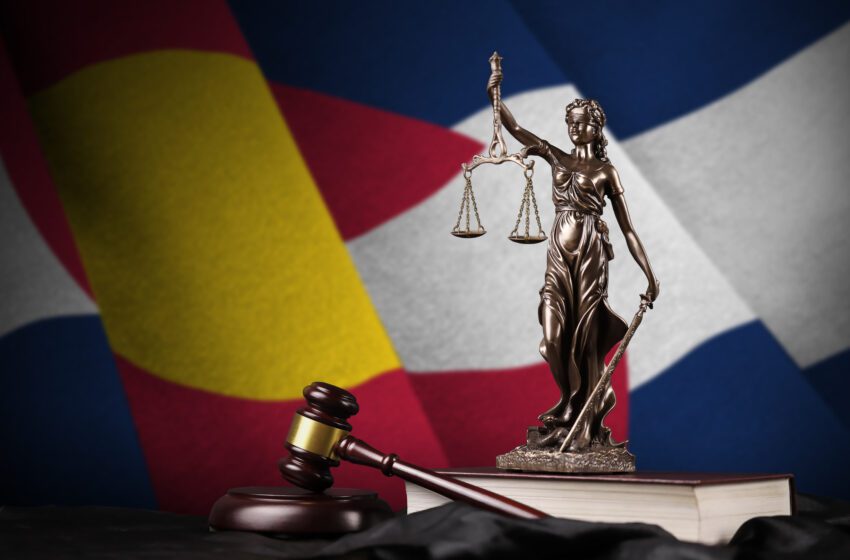
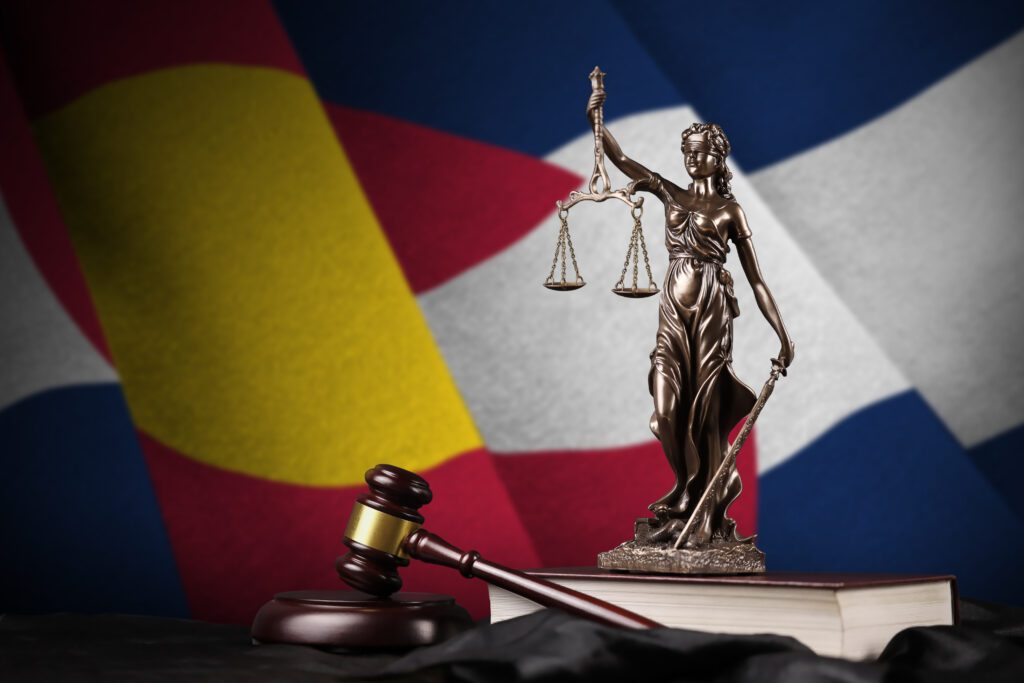

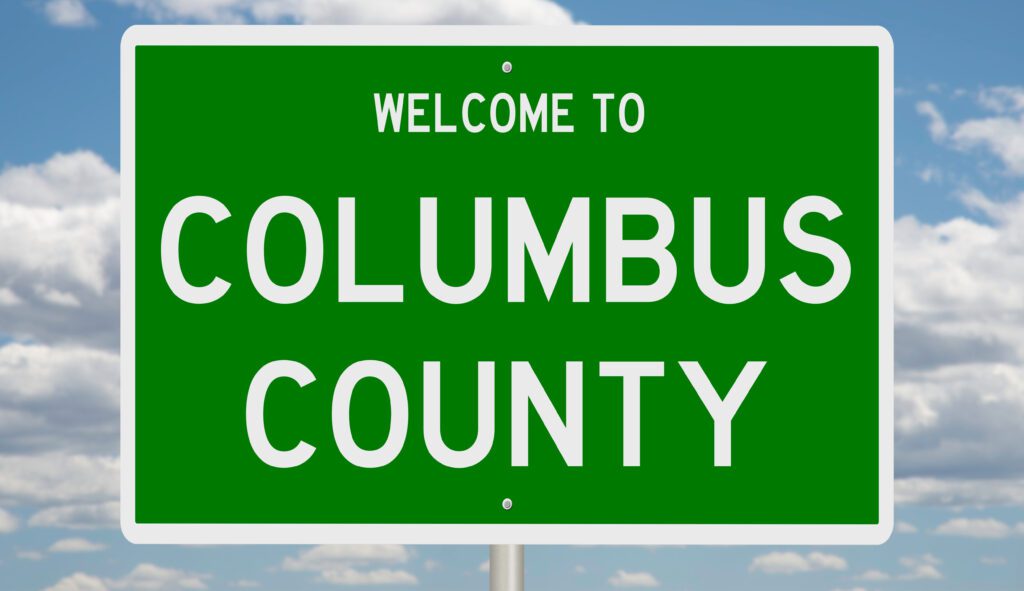
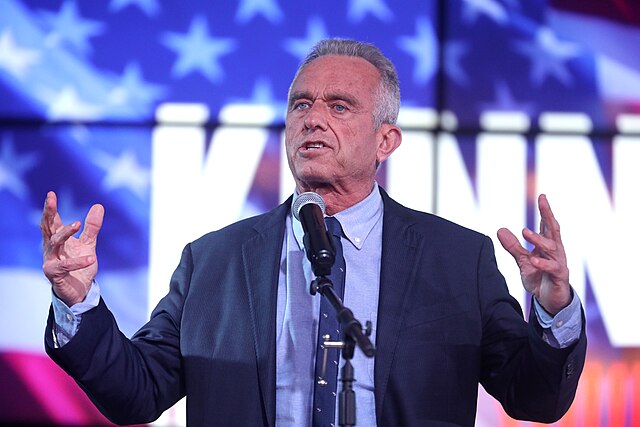
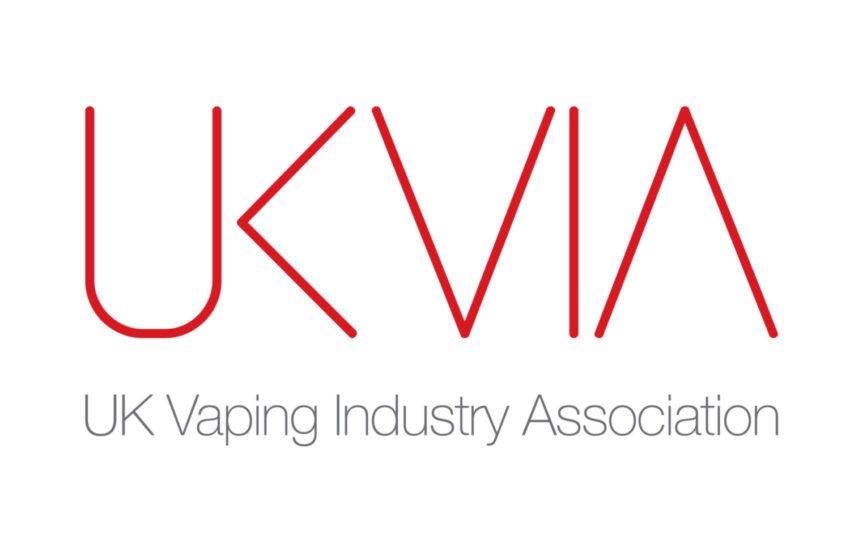
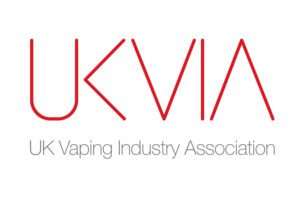 The U.K. Vaping Industry Association’s (UKVIA) annual Industry Forum will take place at the London Marriott Hotel Regents Park on Friday, Nov. 15.
The U.K. Vaping Industry Association’s (UKVIA) annual Industry Forum will take place at the London Marriott Hotel Regents Park on Friday, Nov. 15.